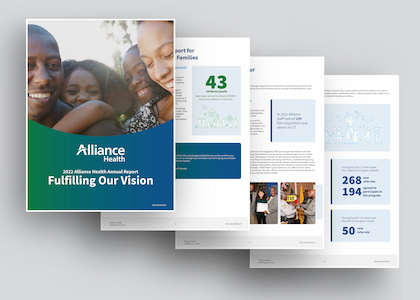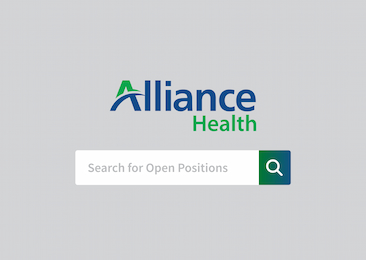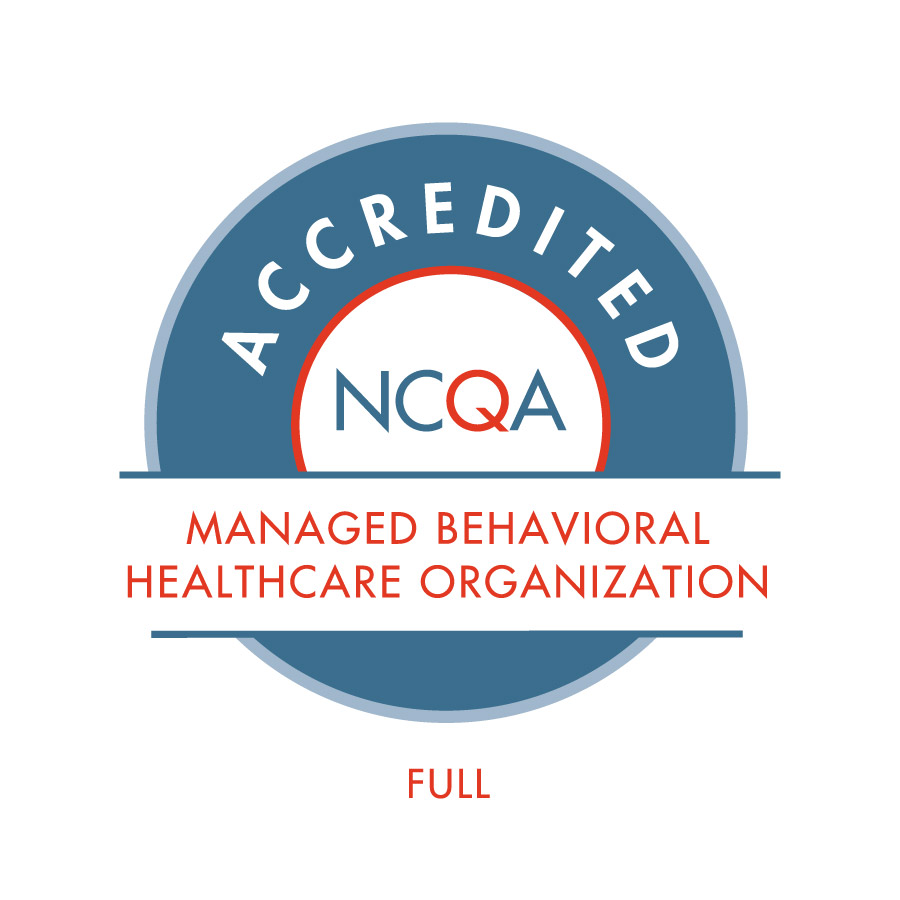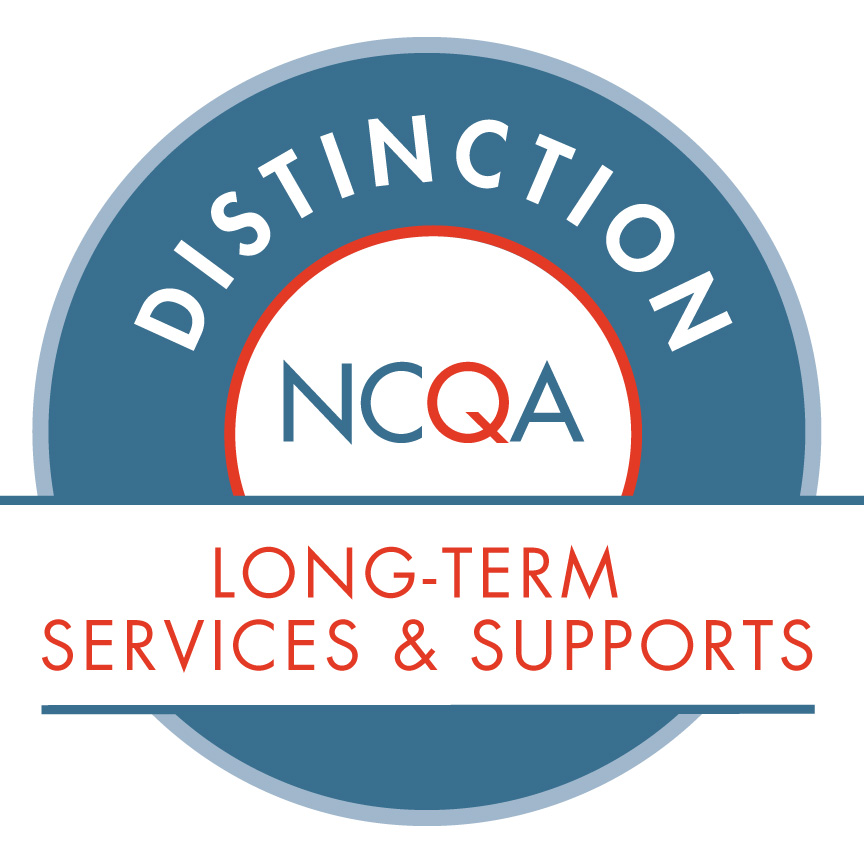The Restoring Hope Initiative is designed to reduce homelessness by providing long-term (six to nine months) financial and housing assistance to individuals transitioning from psychiatric treatment facilities, jails, prisons, and unstable living environments. It is intended for applicants who need start-up funds (security deposit, first month’s rent, utility deposit) to move into permanent housing due to some of the following short-term life circumstances:
- Multiple and complex needs that require multiple systems involvement (e.g. MH, criminal justice, etc.)
- Multiple hospitalizations and/or multiple contacts with crisis services (four or more within last year) and no identified resources/services to decrease utilization
- Multiple incarcerations (four or more within last year) and no identified resources/services to decrease utilization
Overview
To maximize the resources of the Restoring Hope Initiative, ongoing support, treatment, and accountability are key requirements for continued assistance and is monitored through a follow-up report from the provider.
Continued financial assistance is based on the success of the member and his/her ability and willingness to follow through with appointments and goals set forth on their individual plan. Their engagement may include involvement with vocational rehabilitation, securing employment, volunteering, attending classes to complete a GED, medication management, etc. Alliance strongly encourages applicants to seek assistance through human/social service organizations or other charitable agencies before seeking assistance through the Restoring Hope Initiative.
Rent Payments
The rent payments will be issued directly to the landlord. The lease agreement must be in the name of the applicant seeking assistance or in the name of the parents/legal guardians if the applicants are children. Payments will not be issued to landlord for damage or work order fees. Alliance is not responsible for any lost or stolen checks due to incorrect mailing address.
All applications are reviewed on a case-by-case basis and awarded assistance appropriate to the applicants’ needs and risk factors. Alliance requests that service providers only request the appropriate amount of needed assistance for applicants.
Security Deposits
The applicants may use the security deposit (if applicable) towards another rental unit upon the end of the lease agreement. Future security deposits will be considered on a case-by-case basis; especially if the request is within the same year.
The maximum security deposit amount is not to exceed the monthly rental amount. Exceptions to maximum security deposits can be made based on extenuating circumstances.
Utility Payments and Deposits
Utility payments will be issued directly to the identified vendor.
In an effort to assist consumers and build upon our relationship with area utility companies/vendors, Alliance defines utilities as water, electric, and gas services. Please note cable, internet, and phone services are not defined as utilities and cannot be considered for payment.
Payments will not be issued to the landlord for excessive utility costs when utilities are included in the monthly rental rate.
All applications are reviewed on a case-by-case basis and awarded assistance appropriate to the applicants’ needs. Alliance encourages service providers to identify additional community resources to assist participants of the Restoring Hope program.
Eligibility
Disabling Condition
An applicant must be a current consumer of Alliance Health with severe and persistent mental illness (SPMI), severe mental illness (SMI), a developmental disability and/or a substance use diagnosis. In the case of a child, the applicant must be receiving enhanced benefit services authorized by Alliance. All applicants must be homeless or at imminent risk of homelessness to be eligible for assistance.
Residency
The applicant must be a resident of Durham, Wake, Johnston or Cumberland county. Residency is defined as a county address documented by photo ID or official mail. A homeless applicant may provide verification from a homeless service provider as proof of county residency (e.g. shelter worker signed verification letter).
Income
An income is not a prerequisite for applications to the Restoring Hope Initiative. Applicants with incomes at or below 60% of area median income are eligible to receive financial assistance.
Trigger Crisis
- Multiple and complex needs that require multiple systems involvement (e.g. MH, criminal justice, etc.).
- Multiple hospitalizations and/or multiple contacts with crisis services (four or more within last year) and no identified resources/services to decrease utilization.
- Multiple incarcerations (four or more within last year) and no identified resources/services to decrease utilization.
No Resources or Viable Plan to Resolve Crisis
No other options are possible for resolving the crisis. Without this assistance, the applicants would remain literally homeless, e.g. staying in a shelter, car, or place not meant for human habitation.
Reasonable Expectation for Sustainable Solution
At the initial assessment for assistance, there is a reasonable expectation that the crisis can be resolved and relocation to housing can be sustained by the applicant after services and assistance have ended.
Application Submission Procedures
- Contract providers of Alliance Health must complete the ILI user training to gain access to the ILI application via online portal. Upon completion of the ILI user training and the submission of a valid company email address, Alliance ILI administrators will register care coordinators and contract providers. Upon successful ILI registration, a system-generated password will be sent to the valid company email address.
- Before starting the application care coordinators and contract providers should verify they have access to applicable documentation for submission during the application process: household income verification, copy of identification documents, intent to rent letter, eviction notice, lease agreement, utility disconnection notice and/or W-9.
- Alliance requires all vendors to complete a W-9 tax form PRIOR to receiving initial payment from Alliance. Alliance cannot issue any payments to vendors who do not complete a W-9.
- All documents may not be required in each applicant’s situation.
- Contract providers of Alliance Health will login and submit applications. Access the web-based application tool.
- Upon successful submission, a system-generated email will be sent to the care coordinator or provider to notify them the application has been submitted to a housing coordinator.
- ILI applications will be reviewed on a daily basis by the housing coordinators.
- Following the review by the housing coordinator and secondary approval by the housing supervisor, a system-generated email will be sent to the care coordinator or provider regarding approval or denial of the application.
- Within 10-15 business days from the notification to the provider, the check or electronic funds transfer (EFT) will be issued directly to the vendor.
- Recurring rent payments will be issued in the month the payment is due.
- A follow-up application must be submitted for Restoring Hope applicants for any assistance after their third. The application must include a completed follow-up form.
Requirements of Providers and Applicants
Before submitting an application, the referring service provider should verify that the applicant meets the ILI eligibility criteria. Alliance has an obligation to meet specific state and county requirements for the ILI program. We also have an obligation to program recipients, landlords, and property managers to make every effort to assure a successful and sustainable housing experience. Consequently, service providers must attend housing training before submitting an ILI application. Contact your local housing coordinator for times and location.
To register for ILI trainings:
- Go to the Alliance Health website.
- Select “For Providers.”
- Select “Provider Resources.”
- Under “Training,” select “See What’s Available and Register.”
- Select the link, “Alliance web-based calendar.”
- Select the date of training.
- Under “Details,” select website link.
- Add personal information, then press “Register.”
Or try this link.
- Provide accurate and truthful information for payment request.
- Assist applicants in filling out all required paperwork and acquiring supplemental verification to ensure eligibility for the program (e.g. eviction notice, lease, pay stubs, bank statements)
- Agree to not engage in any fraudulent or criminal activity including but not limited to forging of checks, false identification, telephone payments, telephone charges, etc.
- Provide follow-up documentation to Alliance regarding the applicant’s progress with income, disability benefits, educational/vocational status near the end of the initial 3-month funding period and near the end of each 3-month period thereafter (up to 9 months) while the applicant continues to receive rental/utility assistance (note: funds are contingent upon the applicant’s monthly progress).
Failure to comply with these conditions outlined in the Restoring Hope Initiative Procedures will result in notification to Alliance Compliance Committee, Plan of Correction, and/or immediate termination of all current and future referrals. In addition, any legal costs or fees associated with fraudulent or criminal activity will be the responsibility of the provider. Any criminal activity will be referred to the Alliance Legal Counsel for possible prosecution.
Consequently, applicants must adhere to the following requirements:
- To engage in and comply with treatment recommendations and services
- To allow professional service providers to make home visits as they deem necessary
- To comply with the terms of the lease and occupancy agreement
- To report any changes in income or family composition upon resubmission of Restoring Hope follow-up
- To allow professional service provider, Alliance, and the Housing Coordinator to contact the landlord and/or utility companies as needed
- Continued assistance is contingent upon the applicant’s monthly progress toward self-sufficiency (e.g. employment search, enrollment in educational/job training program, etc.).





